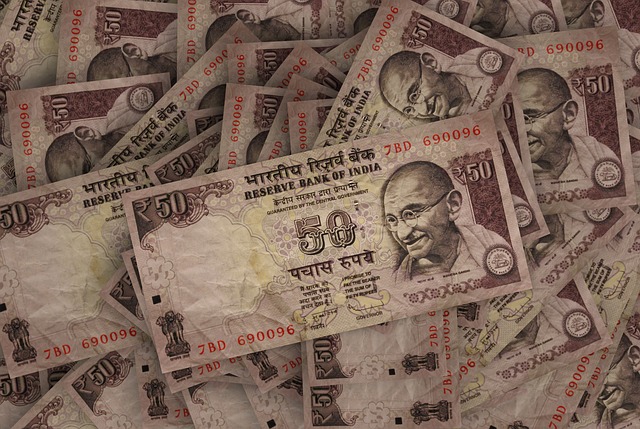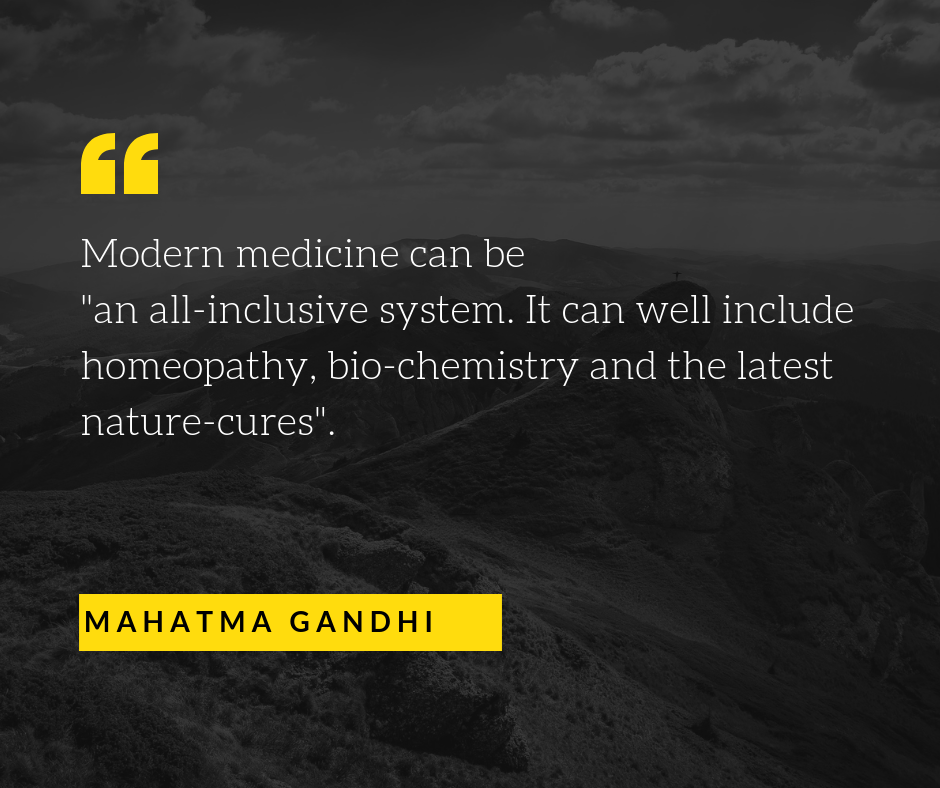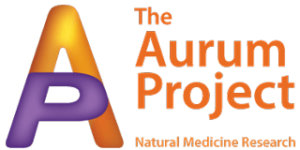The life of Mahatma Gandhi
Mohandas Karamchand Gandhi (1869 – 1948) was the pre-eminent political and spiritual leader of India during the Indian independence movement. He became referred to as Mahātmā which is a Sanskrit word meaning high-souled, or venerable. It was first applied to Mohandas in 1914 in South Africa and is now used around the world. In India, he is also called Bapu which in the Gujarati language is an endearment meaning father or papa.
There is a wealth of information available about the life of Gandhi and the words of Gandhi. This is a fertile ground for writers and scholars who analyse the many influences on him. Some writers present him as a "paragon of ethical living and pacifism, others present him as a more complex, contradictory and evolving character influenced by his culture and circumstances".
https://youtu.be/ept8hwPQQNg
Mahatma Gandhi's health guide and the best homeopathy quote
- Early in his life, Gandhi was influenced by those who spoke of the use of the elements around us, in curing diseases. After making experiments on himself, his sons and his wife, he used treatments based on water, earth, fresh air and sunshine. Gandhi did not advocate pills and powders, and laid stress on fasting, change of diet and the use of herbs.
- Gandhi was an independent thinker. He is said to have tried to look at all ideas afresh. He was happy to change his mind if new ideas or evidence dictated that he should.
- He believed that unpleasant reactions to food, drink or bad habits are our body's way of telling us to form better habits but instead we resort to medicine to mask the symptoms which reduces faith in our body's own self-healing mechanisms.
- In 1921, Gandhi wrote the little book A Guide to Health where he claimed that ignorance is one of the root-causes of disease. "Very often we get bewildered at the most ordinary diseases out of sheer ignorance, and in our anxiety to get better, we simply make matters worse".
- To Gandhi, the ideal doctor was one who had good knowledge of medicine and shared that knowledge with the public free of charge. He wanted to fix a yearly allowance for doctors so that they did not expect anything from their patients — rich or poor.
- In the book Reminiscences of Gandhi written by Nayyar in 1946, Gandhi is quoted as saying "It was regard for the memory of the late C.R. Das and Pandit Motilal Nehru which had led me to seek homeopathic aid. They had always wanted me to give it a trial." So it was Nehru (1861 - 1931) and Chittaranjan Das (1869 – 1925) who persuaded Gandhi to try homeopathy and after his initial suspicion, he became a staunch advocate of homeopathy.
On August 30th, 1936, after Gandhi had positive experiences with homeopathy, he made the following speech:
Homeopathy is the latest and refined method of treating patients economically and nonviolently. Governments must encourage and patronise it in our country. Late Dr. Hahnemann was a man of superior intellectual power and means of saving human life, having a unique medical nerve. I bow before his skill and the Herculean and humanitarian labour he did. His memory wakes us again and you are to follow him, but the opponents hate the existence of the principles and practice of homeopathy, which in reality cures a larger percentage of cases than any other method of treatment, and it is beyond all doubt safer and more economical and the most complete medical science… Mahatma Gandhi
This homeopathy quote surfaced at the All India Homeopathic Medical Conference, 1968. Seen in Dana Ullman, The Homeopathic Revolution: Why Famous People and Cultural Heroes Choose Homeopathy. (North Atlantic Books, 2007, page 202).

Gandhi and his ideas on modern medicine
Later in life, with certain qualifying statements Gandhi said he saw great value in some of modern medicine and modern surgery techniques.
In Delhi, 1921, Gandhi was asked to speak at the opening of a medical college. Gandhi said "I would like to pay my humble tribute to the spirit of research that fires the modern scientists," adding "My quarrel is not against that spirit. My complaint is against the direction that the spirit has taken. It has chiefly concerned itself with the exploration of laws and methods conducing to the merely material advancement of its clientele. But I have nothing but praise for the zeal, industry and sacrifice that have animated the modern scientists in the pursuit after truth."
More than ten years later in 1933, Gandhi wrote that through his study of the different systems of medicine, he had been "driven to the conclusion that allopathy, although it has great limitations and much superstition about it, is still the most universal and justifiably the most popular system. Allopathy provides opening medicines, ointments for a variety of boils and eruptions, disinfectants for various situations and includes surgery of a most wonderful type".
Allopathy, continued Gandhi, "is an all-inclusive system. It can well include homeopathy, bio-chemistry and the latest nature-cures. If therefore allopathy rids itself of the worship of mammon, which has overtaken most human activities, and could exclude vivisection and other practices which I call black, and liberally take advantage of the new methods discovered by lay people, it would become all-satisfying and quite inexpensive".

The best homeopathy quote by Mahatma Gandhi (earlier in this blog) appears on numerous homeopathy websites but perhaps do so out of context. If we portray Gandhi as being totally opposed to modern science and modern medicine we are presenting his early thoughts. But by following his views over time we see a steady change. Once entirely against modern medicine, he later came to appreciate its place. He appreciated the spirit of research.
Gandhi's ideas on modern medicine reveal a readiness to adapt and modify his views when he found new evidence. Just as Gandhi's India had room for many religions and many languages, it also would encourage a pluralism of medical forms and methods. He preached about "a continuous interaction of different medical traditions, Western or Eastern, modern or ancient, this resulting in a harmonious blending and in purging each of its special defects".
Since you’re here…
…. We have a small favour to ask you. More people than ever before are reading the Aurum Project blog. There is a surge of interest in natural therapies research. But grants or support from funding bodies is hard to come by. So you can see why we would like to ask for your help. The Aurum Project is an Australian independent research group with charity status. Our research takes a lot of time, money and hard work to keep pushing forward. But we love it because we believe our work is important and we’ve been told by parents over and over again that they believe what we do is important too. For as little as $5 per month you can help support our work. All donations are tax deductible. It will only take a minute. Thank you. Click here to donate today.
